QuestionHello Again,
Hello,
Now this one is about Zeke, our rescue Lab. He's a marvel.... We adore
him.....however, we can't find toys that he doesn't do Comando moves on.
He's taken a brand new large Wubba and wrecked in it under 1 hour.
Are there any Lab toys that you can recommend for an over-achiever?
Many Thanks!
Lauren
AnswerThe pet stores are full of toys that many dogs will quickly chew up into pieces they could choke on or cause intestinal blockages. If you are not there to watch, stick to sturdy stuff such as Nylabones and Kongs. Keep a close eye on chew toys and quickly discard anything that is coming apart in pieces. Rawhide is especially bad because it swells after being swallowed. I don't trust any of the consumable chews. The dogs just gnaw them down to a dangerous size too quickly. These problems are the worst with, but not limited to, large, aggressive chewers such as Labs.
Ropes from the pets' store quickly turn to hazardous shreds. Ones I made lasted much better. Go to a hardware or home center that sells rope by the foot. Buy 2' of 3/4" poly rope. Melt the ends, and tie knots in it. Get them as tight as possible, put it in a vise and pound it with a hammer. Watch carefully, and be ready to discard when it comes apart.
Many dogs aren't interested in a slick, new Nylabone. I think they are putting the nubby texture on more of them now. I think it is part of the reason so many dogs like the hard to find dinosaur ones. The ultimate is the Souper Size Galileo Nylabone. It is about 7 inches long and 3 inches around. It has the slick surface. They are more attractive if you rough up the surface with sand paper or by rubbing it on a concrete floor. Another technique is to jam a Nylabone into a Kong creating what I call a twofer. The whole is greater than the sum of the parts.
Note, in your other post, you mentioned he weighs 110 pounds. Few Labs should weigh that much. I would apply the methods in the link I gave in my answer to your other question to him. Most of what I know about caring for young, large breed dogs comes from the practices of the highly experienced service dog schools, not the internet.
There was an extensive discussion of weight in a recent newsletter from a service dog school.
''Obesity is the number one nutritional disease affecting dogs. It's estimated that 25-45% of dogs in the US are obese. Studies have shown that joint and locomotive problems increase by 57%, circulatory problems by 74%, respiratory problems by 52%, skin problems by 40% and cancer by 50% in animals that are overweight.
Large breed dogs that are overweight also are more prone to developing hip dysplasia. Obesity is especially dangerous for young puppies, as their underdeveloped frame cannot support the extra poundage that it must carry.''

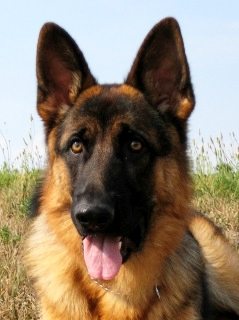 2yo German Shepherd Male
Question
My Boy...
Hi there....I have a 2 year old, pur
2yo German Shepherd Male
Question
My Boy...
Hi there....I have a 2 year old, pur
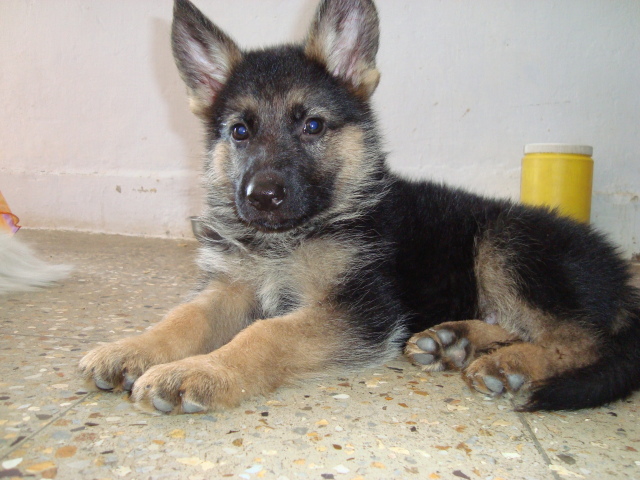 puppy weight
Question
Rocky
I recently purchase 2 mnths old GS puppy
puppy weight
Question
Rocky
I recently purchase 2 mnths old GS puppy
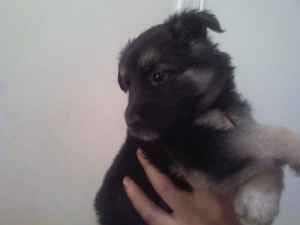 interested in adopting a puppy GSD.
Question
pic of the gsd puppy
Hey, im considering adopt
interested in adopting a puppy GSD.
Question
pic of the gsd puppy
Hey, im considering adopt
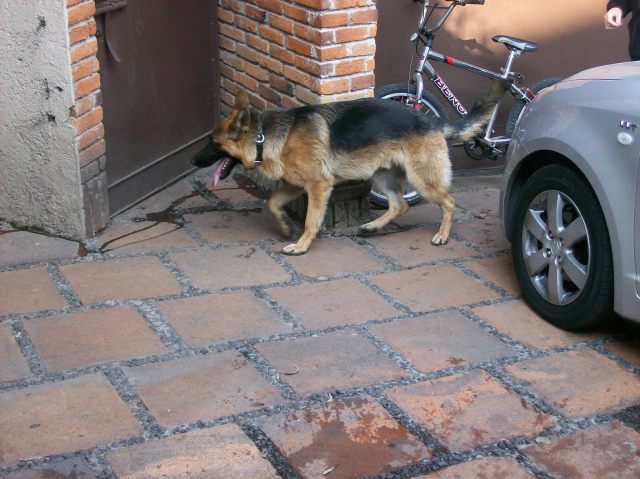 doubts on my GSD growth
Question
Tosco Dog
Hi Labman, I wanted to ask you until
doubts on my GSD growth
Question
Tosco Dog
Hi Labman, I wanted to ask you until
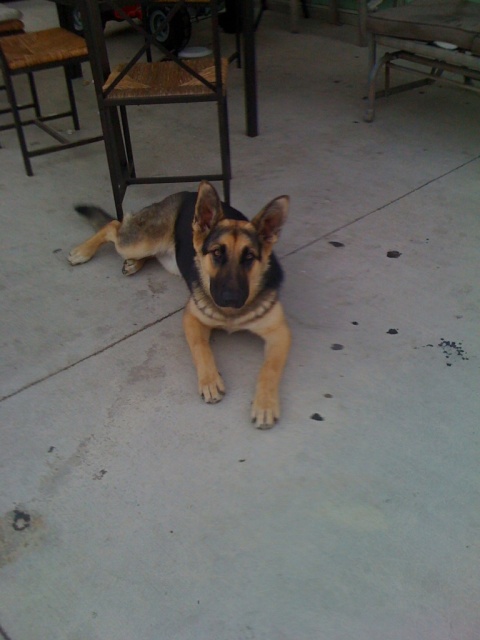 6 month pup
Question6 month old female
QUESTION: I was offer
6 month pup
Question6 month old female
QUESTION: I was offer